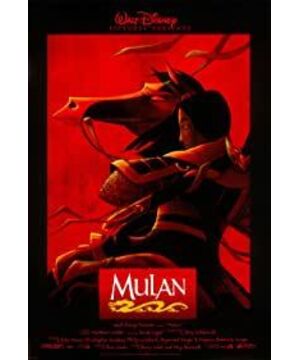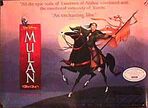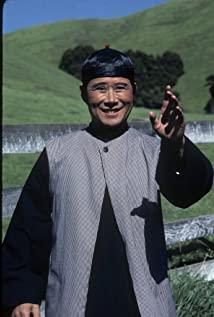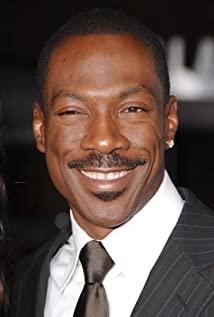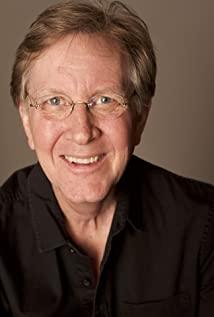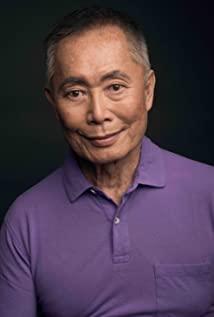In China, the story of Hua Mulan can be said to be a household name. When I was a child, I heard her elders tell her story over and over again, and when I was older, I learned her spiritual qualities from textbooks... Mulan in the eyes of foreigners seems to have a different flavor.
Mulan joins the army is the main line of the film, and the sub-line of the film can be called "Mushu's Growth Story" or "Mulan Blind Date" - China's dragon and blind date form is a typical expression of Chinese culture's export to the outside world. In addition, there are lion dances and red lanterns during the celebration, the traditions of ancestral temples, Chinese characters, and even Chinese ink paintings are also reflected in the fragments of officers and soldiers fantasizing about their ideal future life. It is said that the story of Mulan first came from the Northern Dynasty folk song "Mulan Ci". As one of the carriers of the spirit of the Chinese nation, the spread of poetry has become more and more extensive, and China's filial piety and the spirit of protecting the family and patriotism are also reflected in it. It can be seen that the director and his team have done a lot of homework.
Different from the authentic and restraint of local directors, the two directors Barry and Tony brought Western aesthetics and concepts consciously or unconsciously on the basis of respecting the Chinese style of painting. The power of music is always great. The movie adheres to the characteristics of Disney movies' consistent music animation, adding singing and dancing bridges in many places, especially in the first half of the film, where singing and dancing are combined, and the musical personality is under the premise of continuous development of the plot. The prominent, relaxed and pleasant tone speeds up the rhythm of the film, making the boring and boring dress-up and practice clips lively and interesting, and the lost clips also make people cry. In addition, the film simplifies the traditional Chinese manor and costumes one by one, retains their basic characteristics, and improves the cumbersome hair accessories, costumes, and decorative utensils to make the whole picture look simple and elegant. The one with the most western color is the dragon - Mushu in the movie. In the Western meaning, the dragon is a symbol of evil desire, so Mushu's image when he first appeared on the stage had two vicious eyes, red dragon scales, an arrogant tone, and a hint of vanity. This is full of Western ideas. And Mushu's real image is set as a loyal, smart, and sometimes stupid and lovely patron saint. This may be the fusion of the image of the traditional Chinese dragon and the image of the western dragon. It is neither a noble king nor a real evil. generation, but a brand new image, which is also a result of the collision and exchange of the two cultures. The style of the film is centered on European and American aesthetics, and the character design also provides reference for Chinese cartoons. For example, in the cartoon "The Legend of Nezha", which was broadcast in 2003, the image of the characters is the same as that in "Mulan". Somewhat similar. This shows that the United States is still relatively strong in exporting culture to foreign countries.
In addition, I have to mention the Western-centrism in the film. The part where Grandma Ying passed by with the "lucky cricket" and the concept of the ancestral temple that was always on her lips were all ironic, satirizing ancient China. Stupidity of ideas.
All in all, this animated film is worth watching. Although there are political frictions and cultural exchanges are uninterrupted, I look forward to the live-action version of "Mulan" in 2020.
This is the first time to post a film review. If there are any shortcomings, please criticize and correct me!
View more about Mulan reviews


